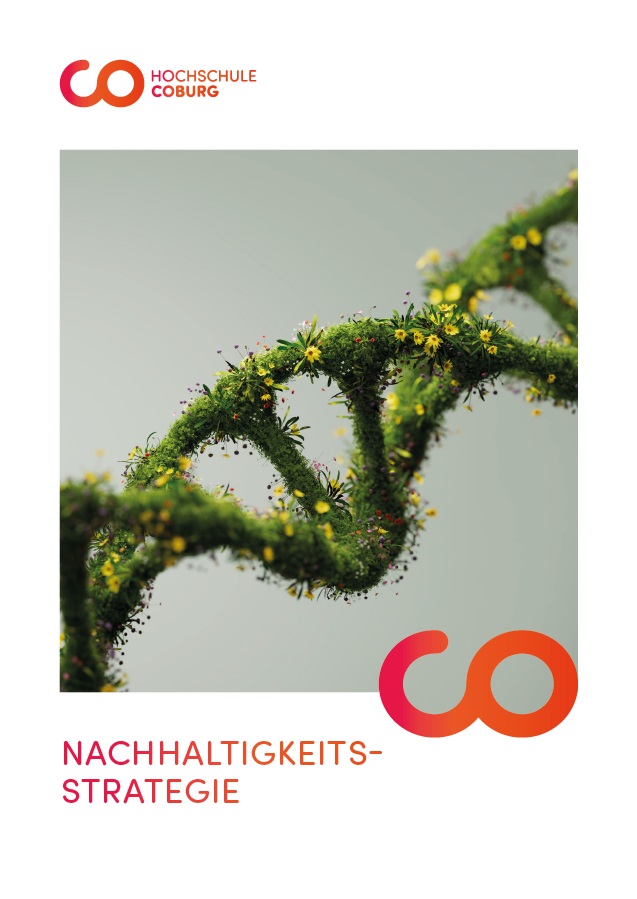Sustainability unit
Sustainability at Coburg University of Applied Sciences
Coburg University of Applied Sciences understands sustainability in the sense of preserving the necessary basis of life for us all. The point of reference is the understanding formulated back in 1983: “Sustainable development is development that meets the needs of the present without compromising the ability of future generations to meet their own needs.” (Brundtland Report 1983) At Coburg University of Applied Sciences, sustainability is anchored holistically and structurally as a cross-cutting issue in six fields of action at all levels. Sustainability is anchored in the university management with the Vice President for Transfer, Sustainability and Public Relations.
The content-related tasks of sustainability are the responsibility of the relevant department.
Fields of action
Working groups at Coburg University of Applied Sciences are currently discussing and defining goals for six areas of action.
These are being voted on by the responsible committees in a dialogical process within the organization and then adopted.




